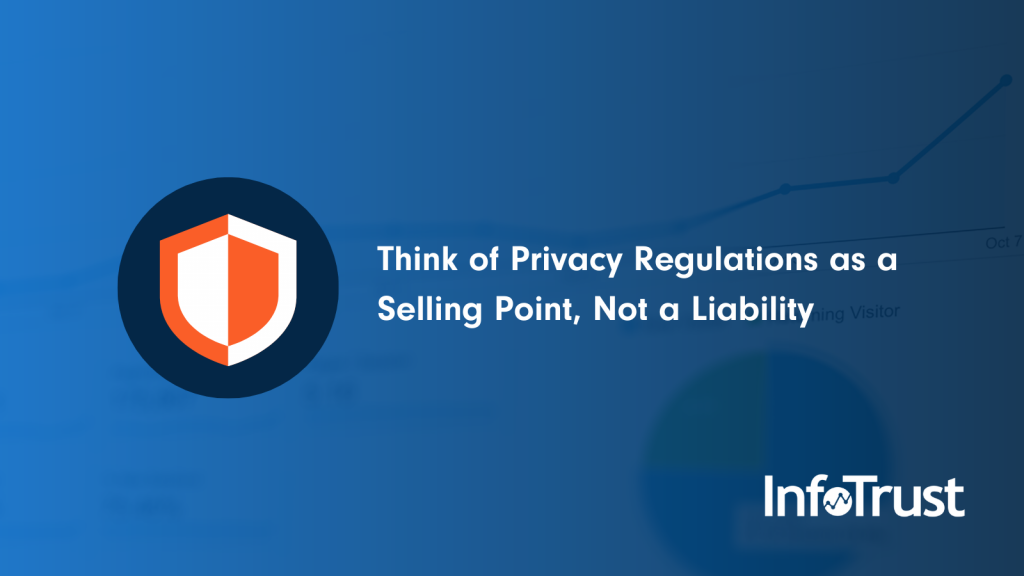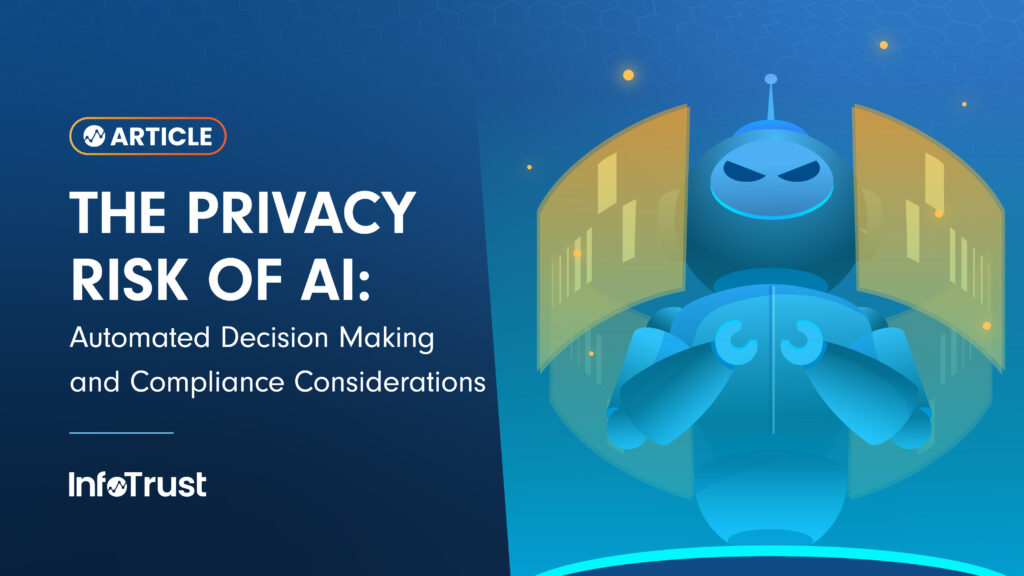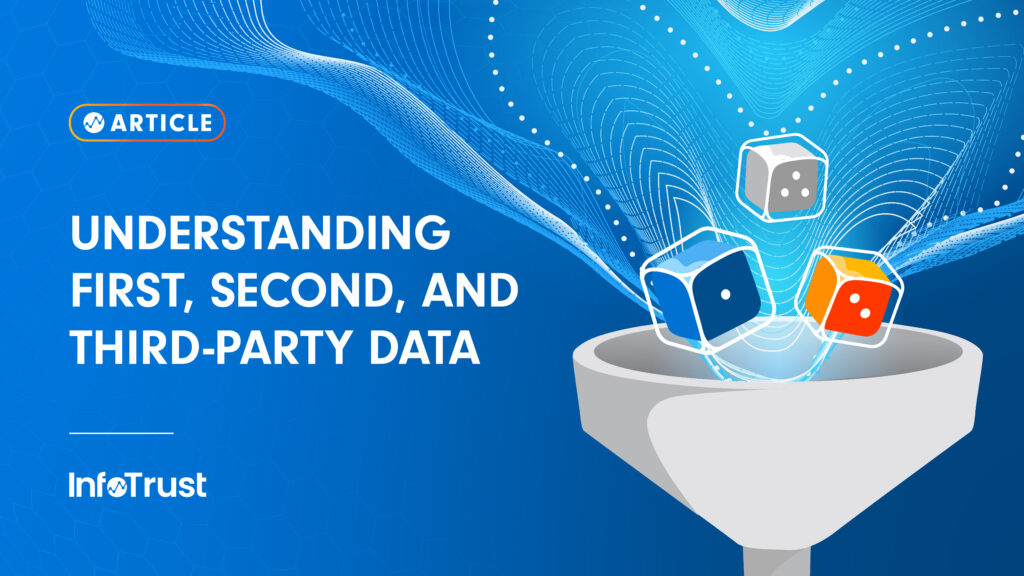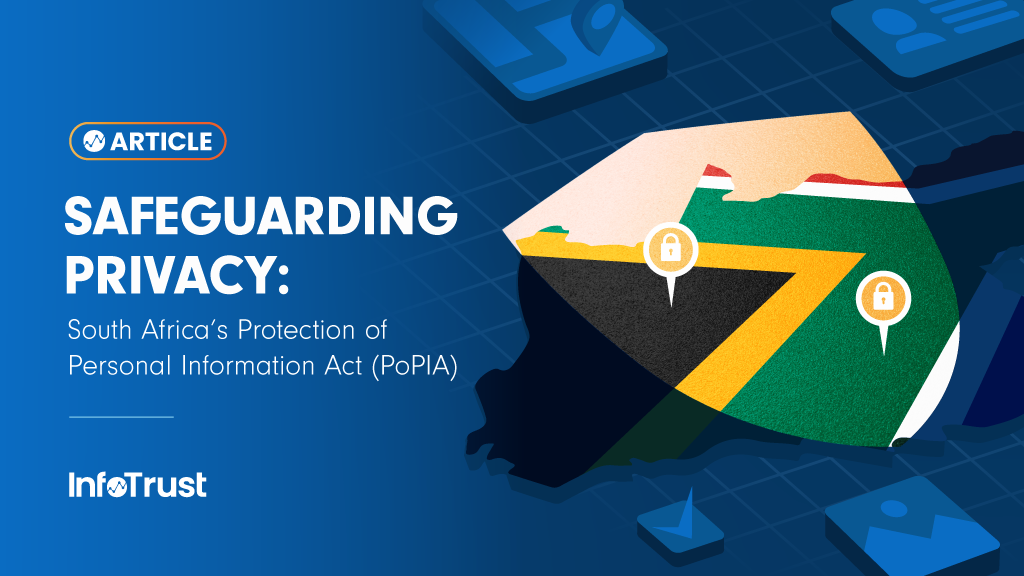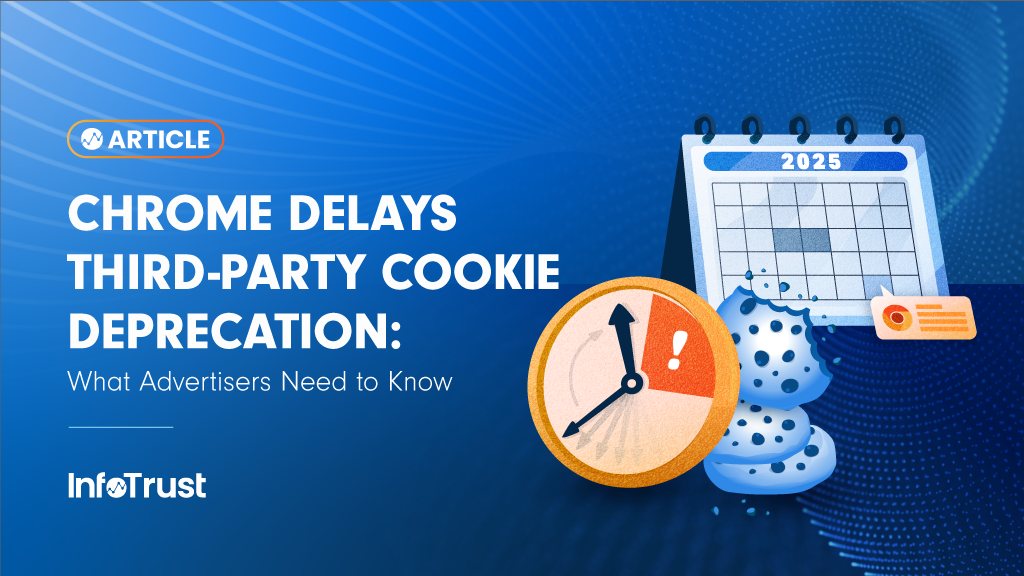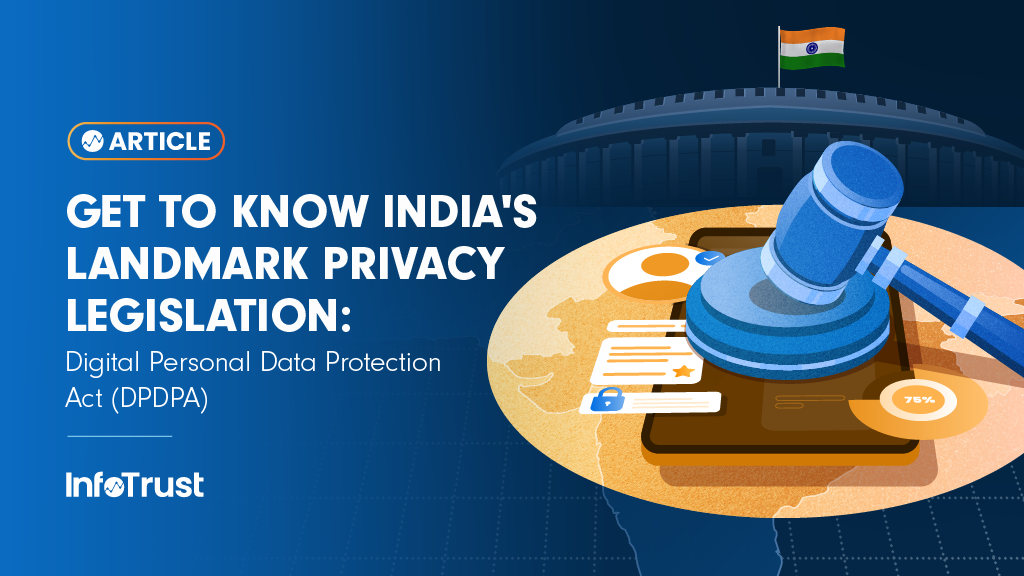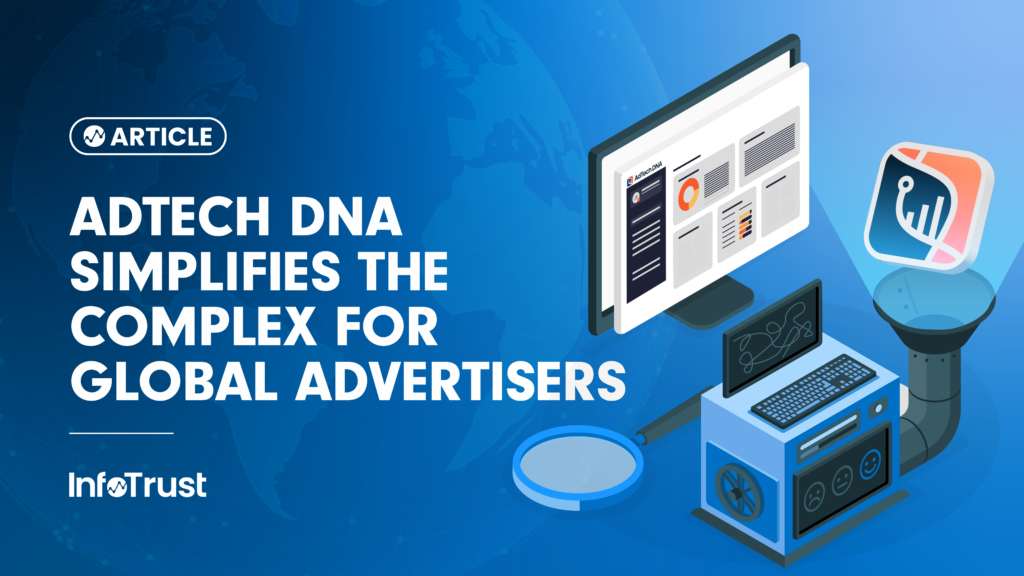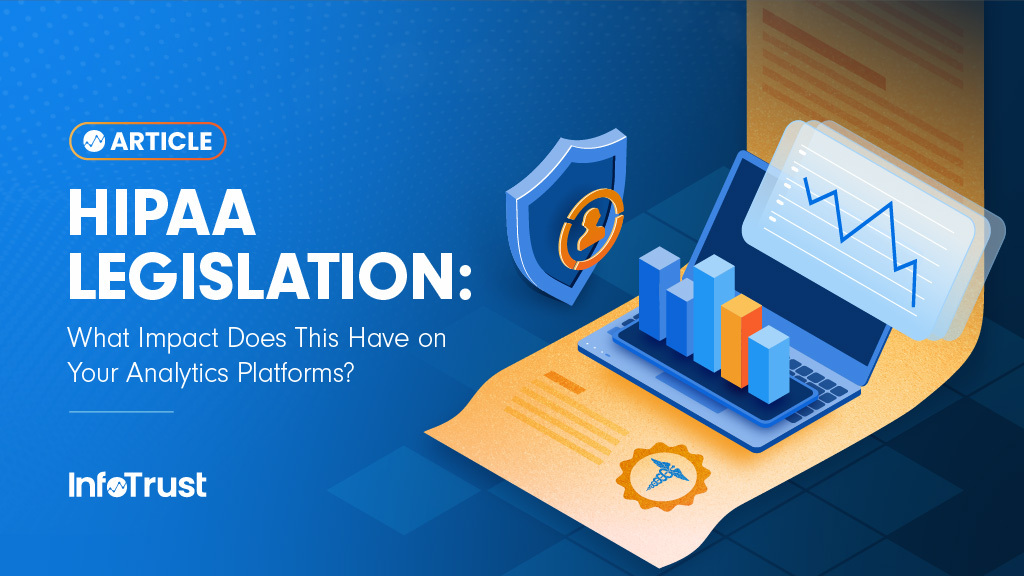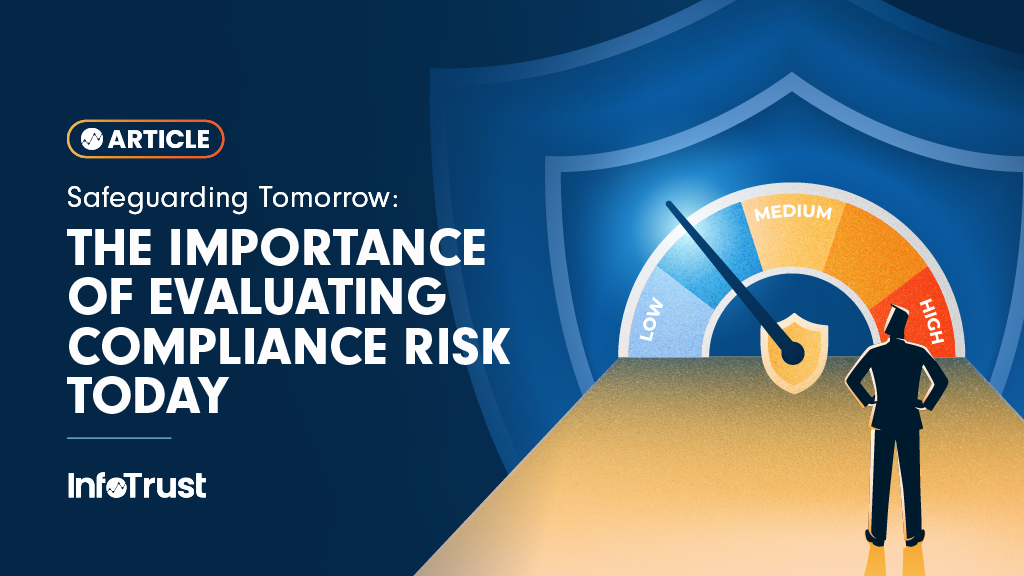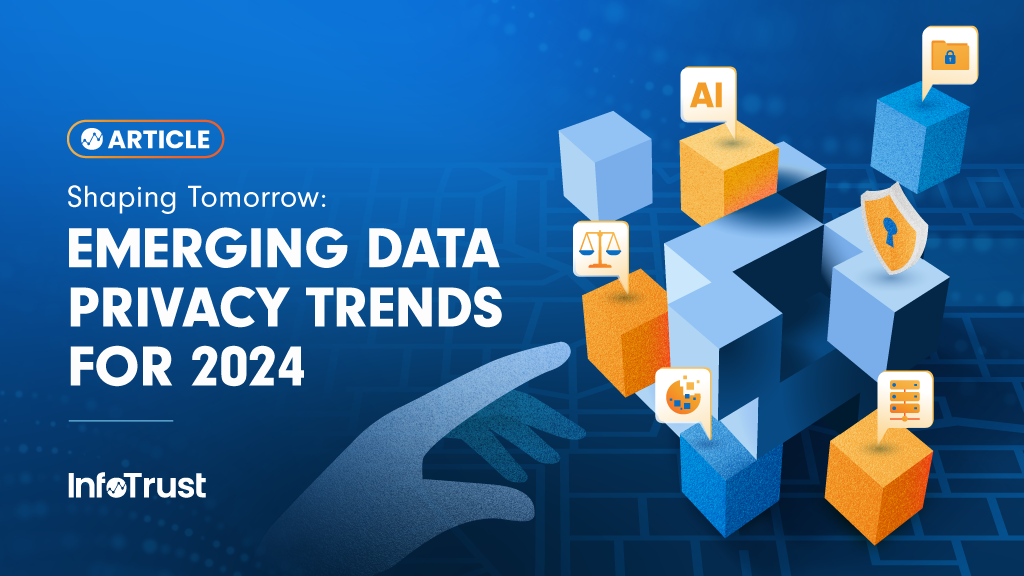[Editor’s note: Michael Loban is a co-author of the best-selling book Crawl, Walk, Run: Advancing Analytics Maturity with Google Marketing Platform, available now on Amazon.]
In 2015, when Jeni’s Splendid Ice Cream discovered that one pint of their ice cream had tested positive for listeria, they immediately stopped production and recalled all their products. This could have been disastrous for the company, but on the How I Built This podcast, Jeni Britton Bauer explained that there was never any question whether the company should halt operations. It was the right thing to do. Their company was built on trust, and in the end, their honesty cultivated even more trust in the business, which now brings in more than $30 million in annual sales.
Trust is the foundation of any successful business, and once an organization loses that trust, there’s no going back. Historically, breaches of trust have concerned product safety, customer service, and quality assurance, and few companies have paid the same kind of close attention to customer data privacy. Now, consumers have started raising concerns about how their personal information is being used, and companies are facing a host of new privacy regulations.
Many companies view these new rules as a liability and go through the basic motions to comply, when, in fact, they should treat these regulations as an opportunity. Any company that’s willing to embrace customer privacy and make it a cornerstone of their business will give themselves a significant advantage. They can differentiate themselves from their competitors by cultivating customer trust in new, exciting ways.
The Importance of Trust
Trust is one of the most essential components of a thriving business, and customers want to know that they can rely on your organization to protect their interests. That goes for every level of a transaction: from the marketing claims you make and the quality of your product to the efficiency of your customer service and how much respect you show for customers’ privacy rights.
This last component is far more important than many organizations realize. In a recent PwC study, 87 percent of consumers said they would take their business elsewhere if they didn’t trust that a company was handing their data responsibly. A Deloitte study echoed these findings, noting that 89 percent of people avoid doing business with companies they believe won’t protect their data. In order to thrive, it’s imperative for companies to step up and prove themselves trustworthy.
Of course, haziness around data privacy doesn’t necessarily indicate that a company doesn’t take their customers’ rights seriously. There are plenty of organizations that want to do the right thing, but they aren’t quite sure what the right thing is. Unfortunately, when companies lag and consumers lose trust, the government has to step in on their behalf.
Regulations don’t appear in a vacuum. The new spate of data privacy regulations cropping up in Europe and America are clear indicators of consumer needs. Customers are hungry for organizations that value their privacy rights and that display a clear concern for treating customers’ data with respect.
So far, Apple has been paving the way, but there is plenty of room to grow. If I asked you, “What is X Major Company’s” stance on customer privacy?” you would probably have no idea. That’s because no one has fully grasped how powerful a tool customer data privacy can be for securing consumer trust. If you can position yourself as one of the few companies pulling ahead in this area, you have a huge opportunity to stand out.
Be Clear and Educate Your Customers
According to a recent study by Deloitte, 93 percent of internet users worry about their privacy online, but most consumers don’t have a clear concept of what data privacy actually entails. Making privacy a cornerstone of your brand requires you to communicate complicated material in a way that your customers can truly understand and appreciate.
The first step toward educating your customers can be something as simple as modifying and promoting your privacy notice. Instead of hiding it away like most organizations, make it clear and visible. Tell customers what your organization does with their data, what it doesn’t do, and how your processes, platforms, and people are set up to make sure you’re doing the right thing by them. This policy should not read like a legal document; it should be in plain language that every customer can understand.
This solution may sound simple, but you’d be surprised how even this basic step can help your company stand out. The way organizations currently treat data privacy is so piecemeal and confusing, it’s even difficult for someone like me, who works in this field, to navigate. For example, the California Consumer Privacy Act (CCPA) now requires large retailers to provide a way for people to request their information. So, I contacted five major companies to see what information they have about me.
It was not clear to me what I would receive from each of these individual websites, nor did the sites help me understand why this information was important. None of the companies set expectations as to how or when I could expect to hear back from them. It took almost three weeks to receive a response, and when I finally received it, the information was mediocre at best. One company even told me that because I wasn’t based in California, they didn’t have to comply. In short, all five of these major companies grossly under-delivered.
That’s why I say that data privacy is a real opportunity for your brand to stand out from your competitors, all of whom are falling behind in this arena. Respecting your customer’s data is a perfect way to build even more trust, and the benefits that your company can gain from transparency far outweigh any gains you might make from exerting tight control over the data you collect.
Your Unique Selling Point
Consumer mistrust is high, in large part because consumers feel that they’re in the dark when it comes to data privacy. Most people have no idea how their data is used on a day-to-day basis. Of course, as many retailers know, not all data use is bad. The way companies use data can help create a personalized shopping experience, but in the consumer imagination, the risks loom much larger.
Any company willing to explain in clear terms how they’re using their customers’ data will automatically have a unique selling point. Respect for customer privacy is an attitude that more organizations need to have, but right now, it’s in such short supply, that it can give you a clear edge on the competition. Consumers are looking for companies that they can trust.
There are a number of companies that stand out because they offer phenomenal customer service or phenomenal products. But there are no clear frontrunners in the race for distinctive data privacy policies. There’s a big opportunity for organizations to differentiate themselves in the field of data privacy—not just for the market rewards but also because it’s the right thing to do.
